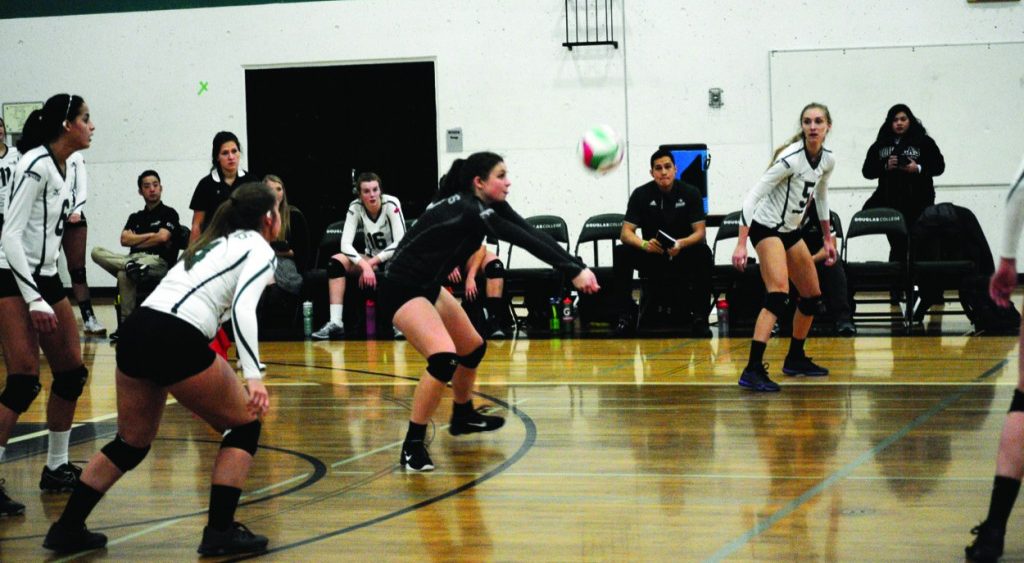
Be a ninja at Vancouver Bujinkan Ninjutsu
By Adam Tatelman, Staff Writer
Right off the bat, my personal experience with Vancouver Bujinkan Ninjutsu was very different from any other school I have yet attended. I was initially put off by the shabby accomodations; aside from the obvious wear and tear on the Oka Dance building itself, the actual Ninjutsu class took place in a rather cramped space which appeared to be a hybrid dance studio and sitting room. Errant furniture aside, I must admit the practice itself was, compared to my previous experiences, entirely unique due to its focus on practical application, partner work, holistic study, and badass samurai armor.
The first question I had was, “why bring a samurai suit to a Ninja school?” According to the instructor, many ninja were in fact disgraced samurai who became mercenaries instead of committing ritual suicide for honour’s sake. I doubted this at first, but when I started dropping names and dates from Japanese history, the instructor knew exactly what I was referring to. The instructors at VBN clearly have a broad knowledge of the subject they teach. Although the classes do not usually feature such historical exhibits, I felt most honoured to spar with a man in authentic samurai armor.
The rest of the class was devoted to warmup stretches (many of which were similar to traditional karate stretches), evasion against an armed opponent, defensive throws, and grappling with the assistance of a rope. Like the samurai sparring, I haven’t had much opportunity to practice any of these concepts. Due to the unarmed tournament focus of most martial arts schools, few offer this type of training.
This is what makes Ninjutsu such an interesting school of practice. In their day, the ninja were similar to modern day special forces groups; their training focused on preparing for various dire combat situations. As such, they offer a holistic hand-to-hand method that encompasses striking, grappling, throws, and a limited amount of ground work. However, the grappling techniques are less emphasized than in sport jiu-jitsu, since the ninja are more concerned with flooring the opponent and escaping quickly than they are with wrestling on the ground for a whole match.
The focus on weapons training allows Ninjutsu students to face armed enemies with and without weapons of their own. This prepares the student for the possibility of an opponent picking up an improvised weapon from the environment. This also allows the student to recognize such weapons, applying them as makeshift knives, batons, staves, spears, swords or throwing weapons. Yes, they do teach shuriken-throwing here.
The difficulty with massively diversified training is its lack of specificity. You may learn a lot of surface-level fundamentals on a number of combat subjects, but it may take a long period of sustained practice to reach a high level in any one of these areas. For this reason, I would recommend people with an interest in more specialized training to join an MMA group. Also, those who do not wish to travel the 00 block of West Hastings street at night should look elsewhere.
All this said, if you are looking to build a well-rounded set of improvisational martial skills focused on breadth of study and practicality, I would most highly recommend Vancouver Bujinkan Ninjutsu. Classes are $75 a month for a six month package, with two practices a week. Join the ancient clan of the ninja at Oko Dance Vancouver, 45 West Hastings Street… that is, if you can find them.



